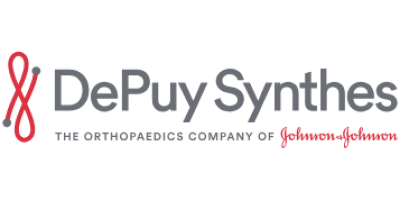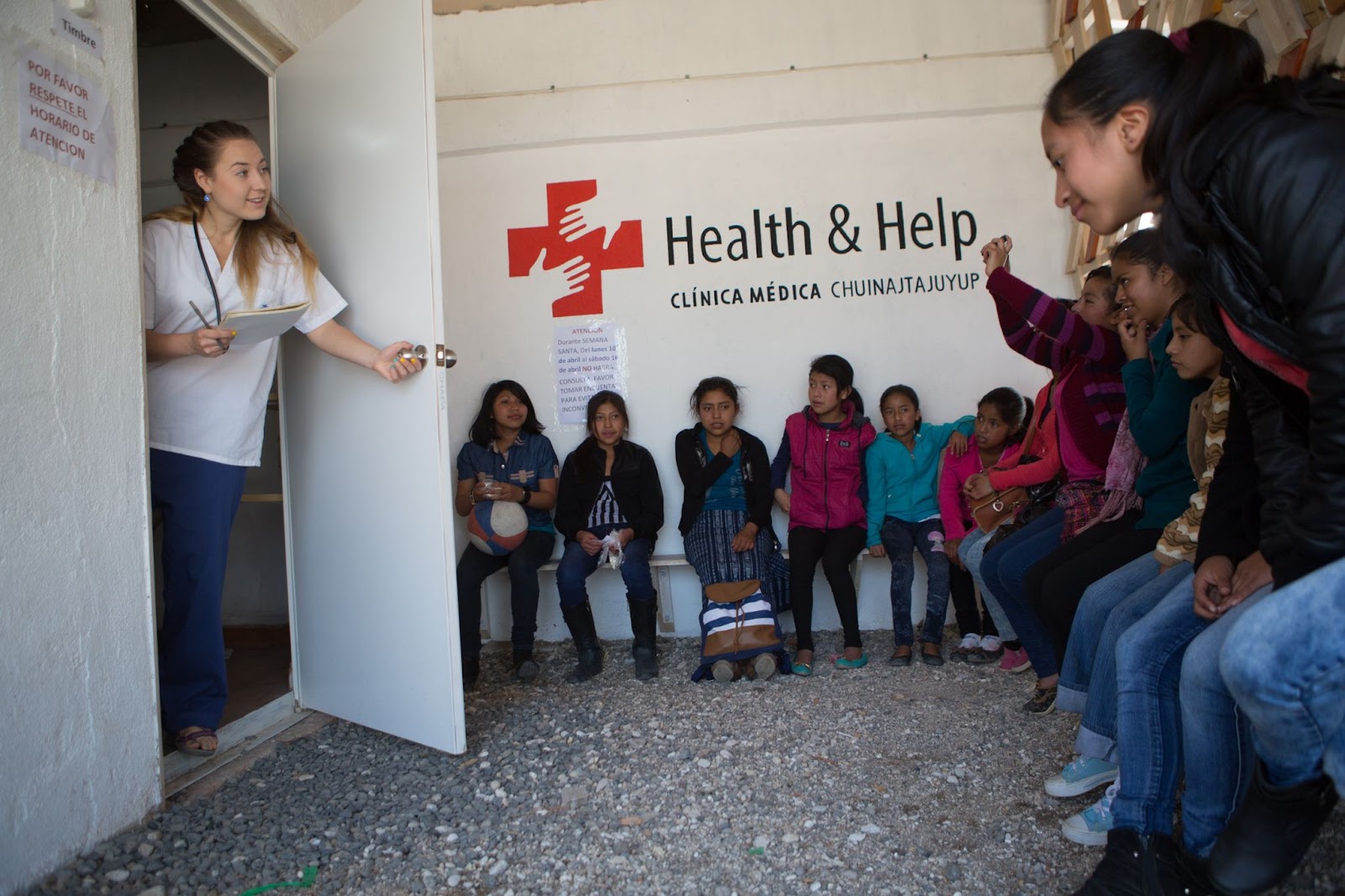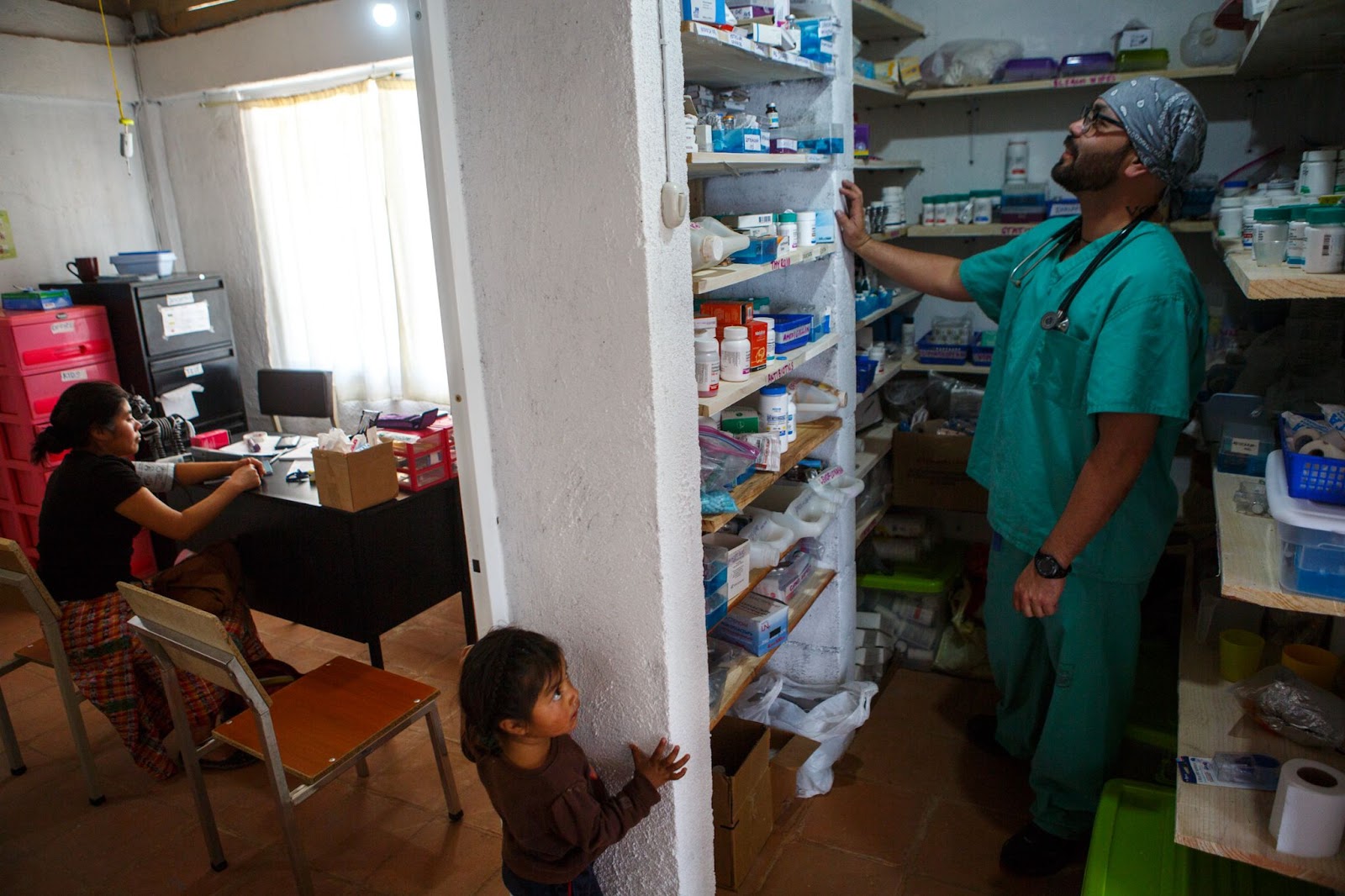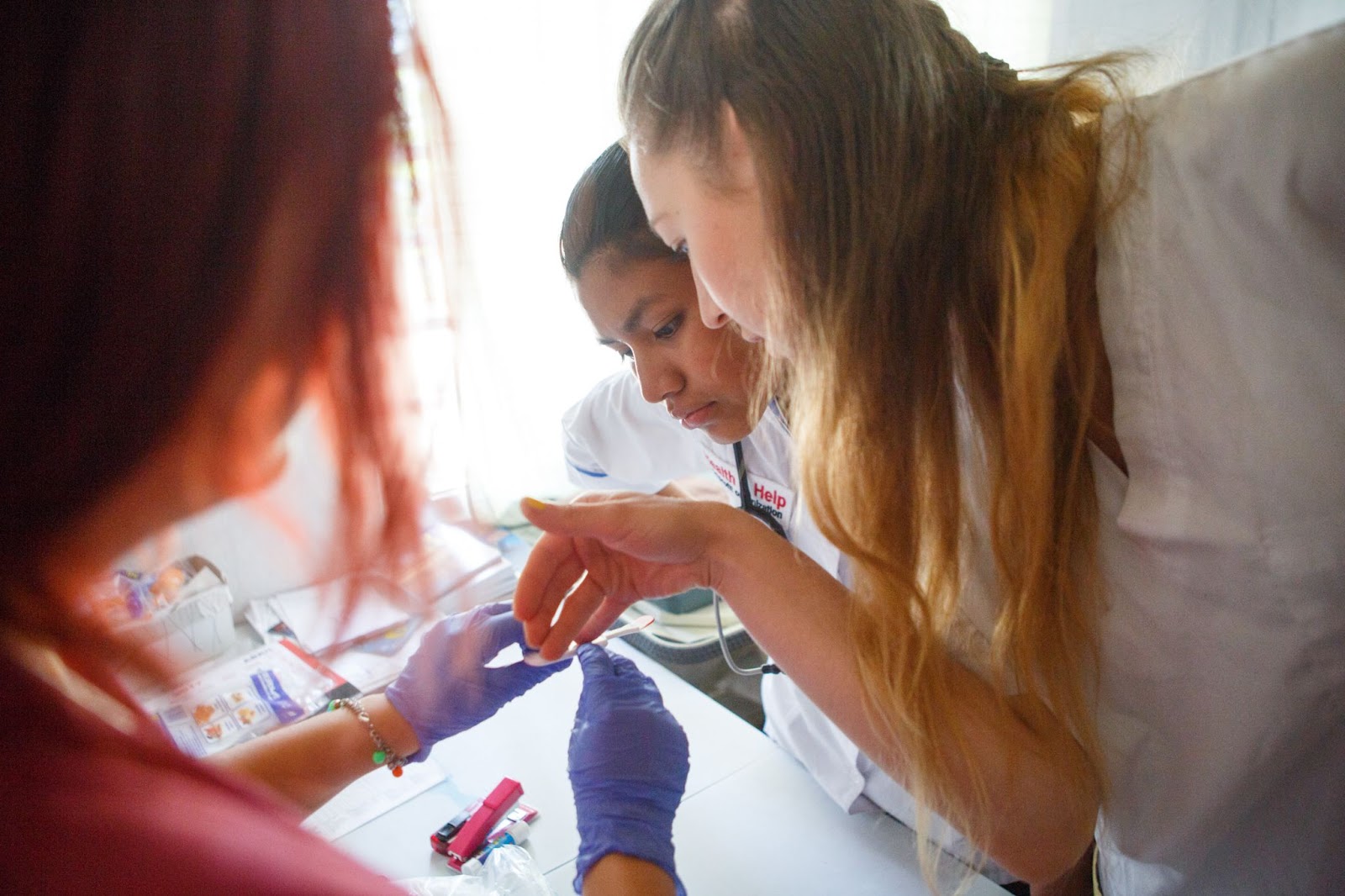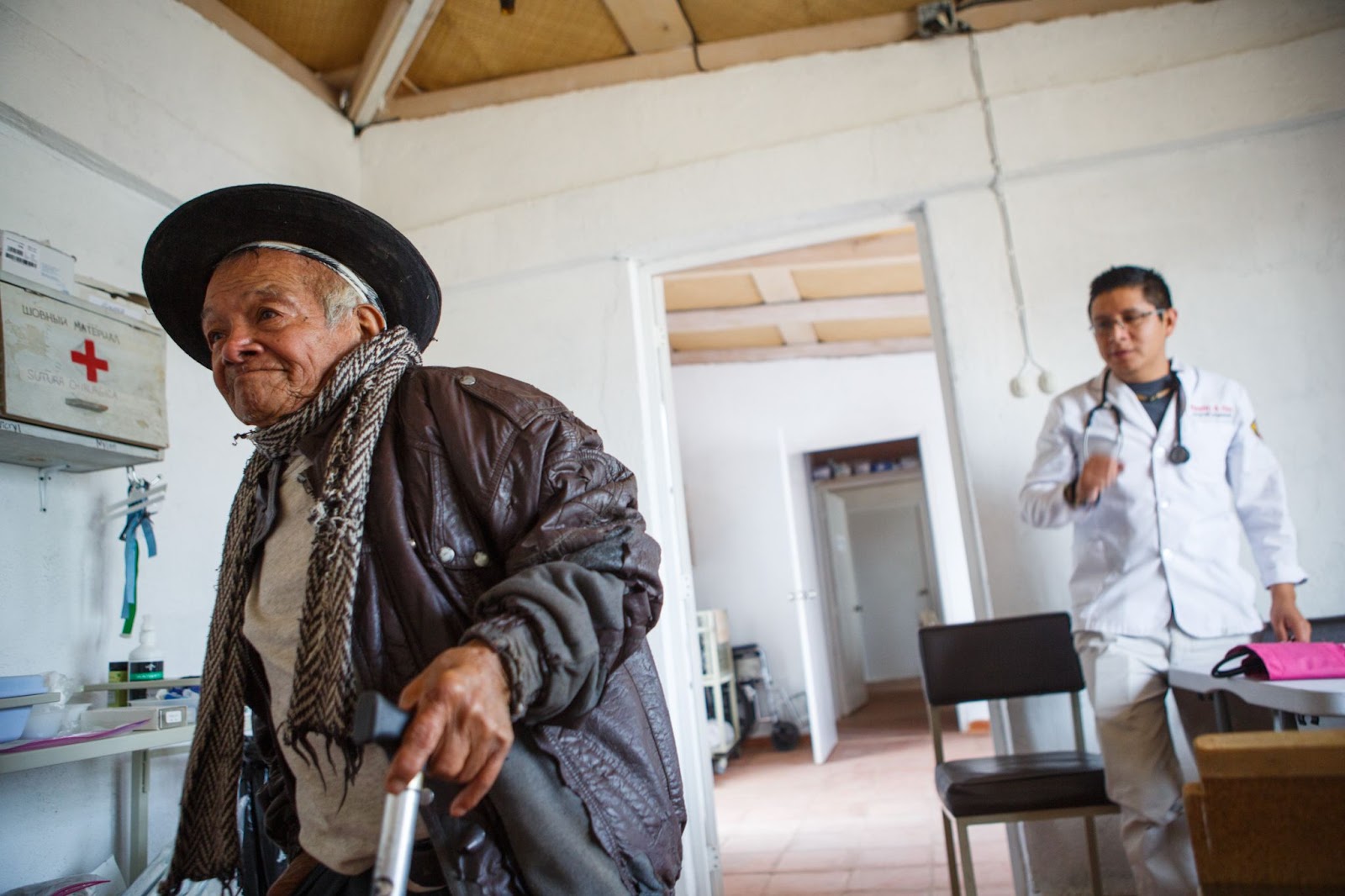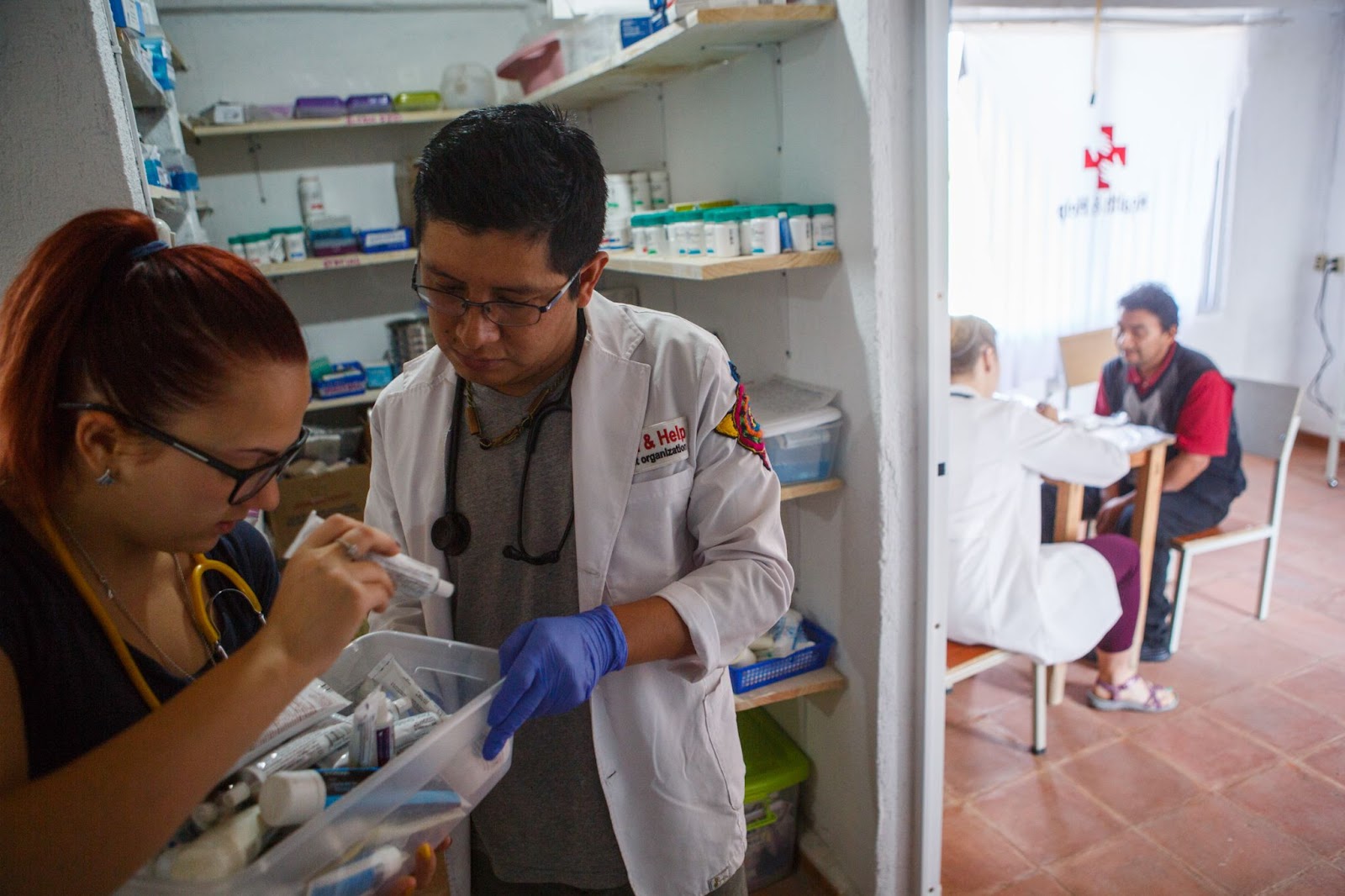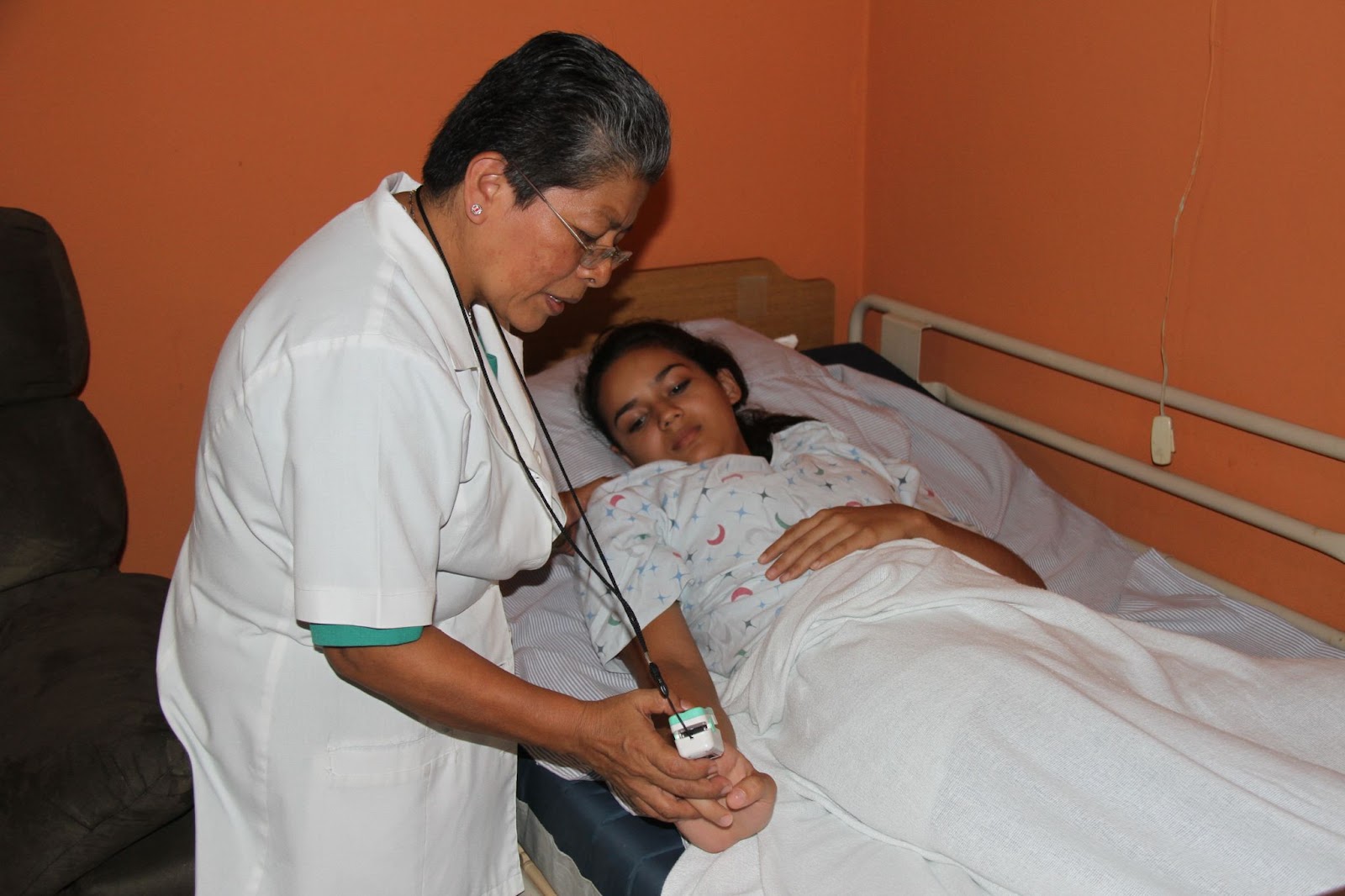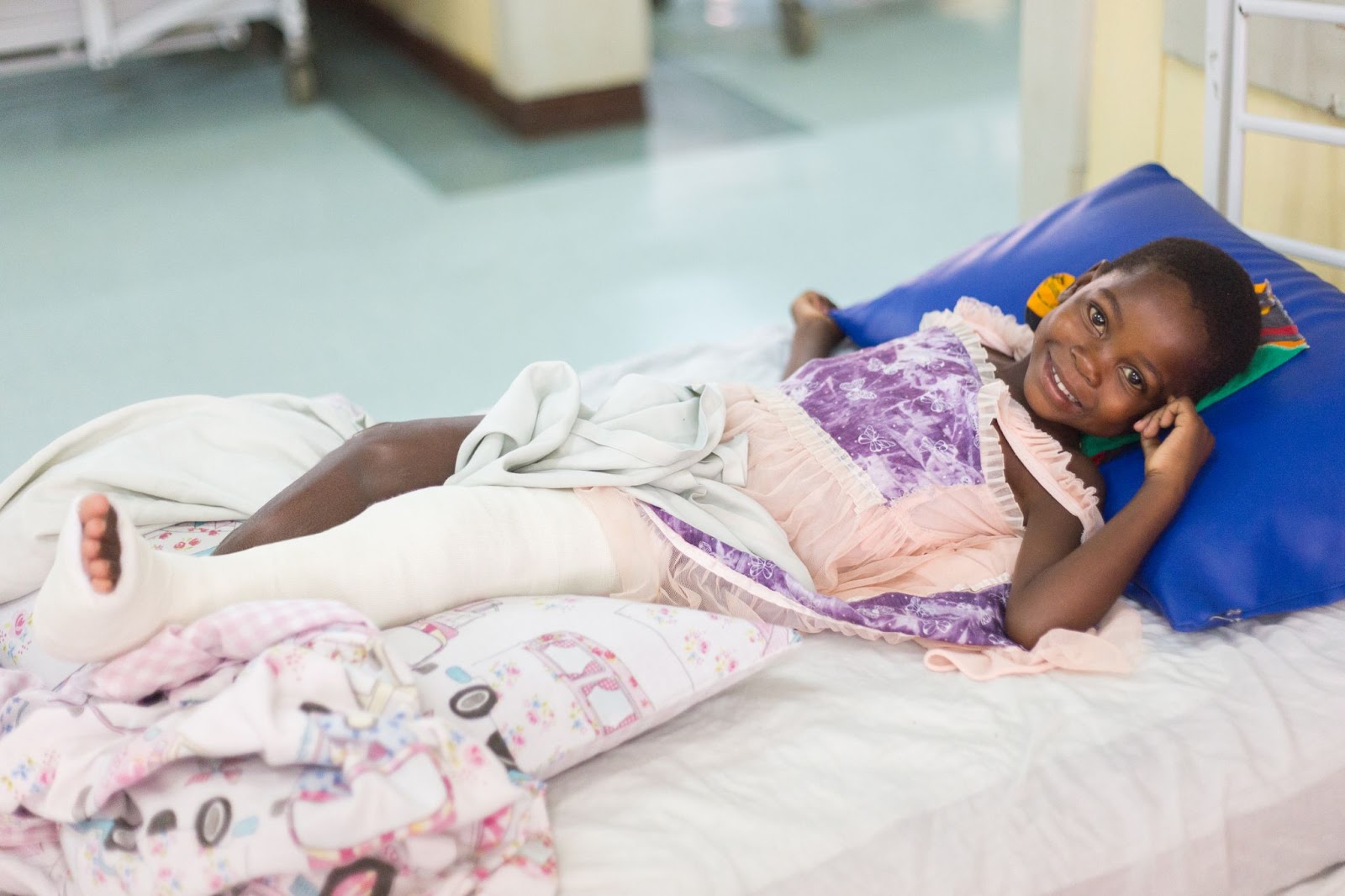Primary Care
Primary health care addresses the health needs of all patients at the community level, integrating care, prevention, promotion and education. Primary health care improves the performance of health systems by lowering overall health care expenditure while improving population health and access. MedShare works hand-in-hand with our generous partners to help increase access to quality primary care in marginalized communities.

Increasing access to quality primary care
All too often, primary healthcare is a weak link in health systems – particularly in the world’s most vulnerable communities. In fact, over 400 million people worldwide lack access to essential health services typically delivered through primary care.
Support Our ProgramsPrimary Care Drives Improved Health Outcomes
MedShare’s ultimate goal is to help build healthy communities and strengthen vulnerable health systems both locally and abroad. Especially given that primary healthcare is the foundation of all health systems, and central to the prevention of epidemics, improving women’s and children’s health, controlling other major infectious diseases, and managing the burden of non-communicable diseases like heart disease and cancer.
When quality primary care is available, it meets the critical healthcare needs of patients. So MedShare is dedicated to helping close the gap in quality primary care essential to improving health in the developing world.
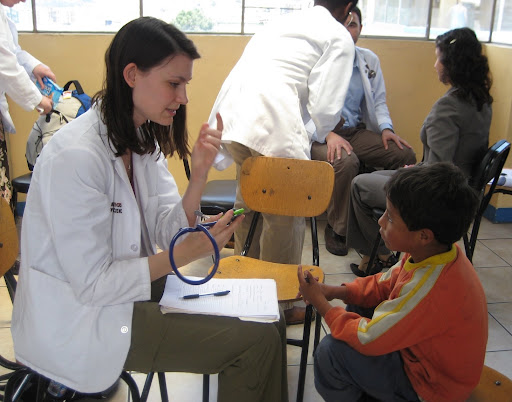
Program Impact
MedShare is helping to close the gap in access to quality primary care, which is essential to improving health in the developing world. Active primary care health systems are where people go in their communities to stay healthy and to receive care when they become ill.
549,397
people served through this program in FY2024
$11,909,881
in medical supplies and equipment donated through this program in FY2024
19,049
healthcare professionals equipped in FY2024

Free and Charitable Clinics
You may be familiar with our work in Nigeria, Guatemala, Haiti, or the Democratic Republic of the Congo. But did you know that MedShare directly supports hundreds of free and charitable clinics throughout the United States?
Families living in disadvantaged and marginalized communities — regardless of the country in which they live — face inequities in virtually every facet of their lives. Which is why MedShare and our many generous and dedicated partners work together to help ensure that this is not the case when it comes to access to health care.
MedShare provides medical supply donations to free and charitable clinic representatives across the country. Our Primary Care Supply Center in Decatur, GA is a first option for those who would like to select common medical supplies from a more limited inventory in-person. Click here to schedule a Decatur appointment.
In other areas of the country, supplies can be ordered online and shipped directly to the clinic. Maximum for in-person ordering is 100 pounds. Minimum for Online ordering is 50 pounds.
For questions or more information about clinic supplies, please email medteams@medshare.org.
If you already have an approved MedShare account (including a username and password) and have previously ordered online, you will simply need to send an email to medteams@medshare.org to request to open a new order. Include your Contact Name, Organization Name, Account Number and Shipping Address for the order.
Once you have your log-in credentials, ORDER ONLINE.
If you have not ordered online in a while, you may wish to review and download the ONLINE ORDERING GUIDE before placing your order.
The first step is to complete the Free/Charitable Clinic application. You will receive an email when your application is approved that will contain your username and password. You can then order online.
Qualified and approved free and charitable clinics in the US are never charged for medical supplies.




